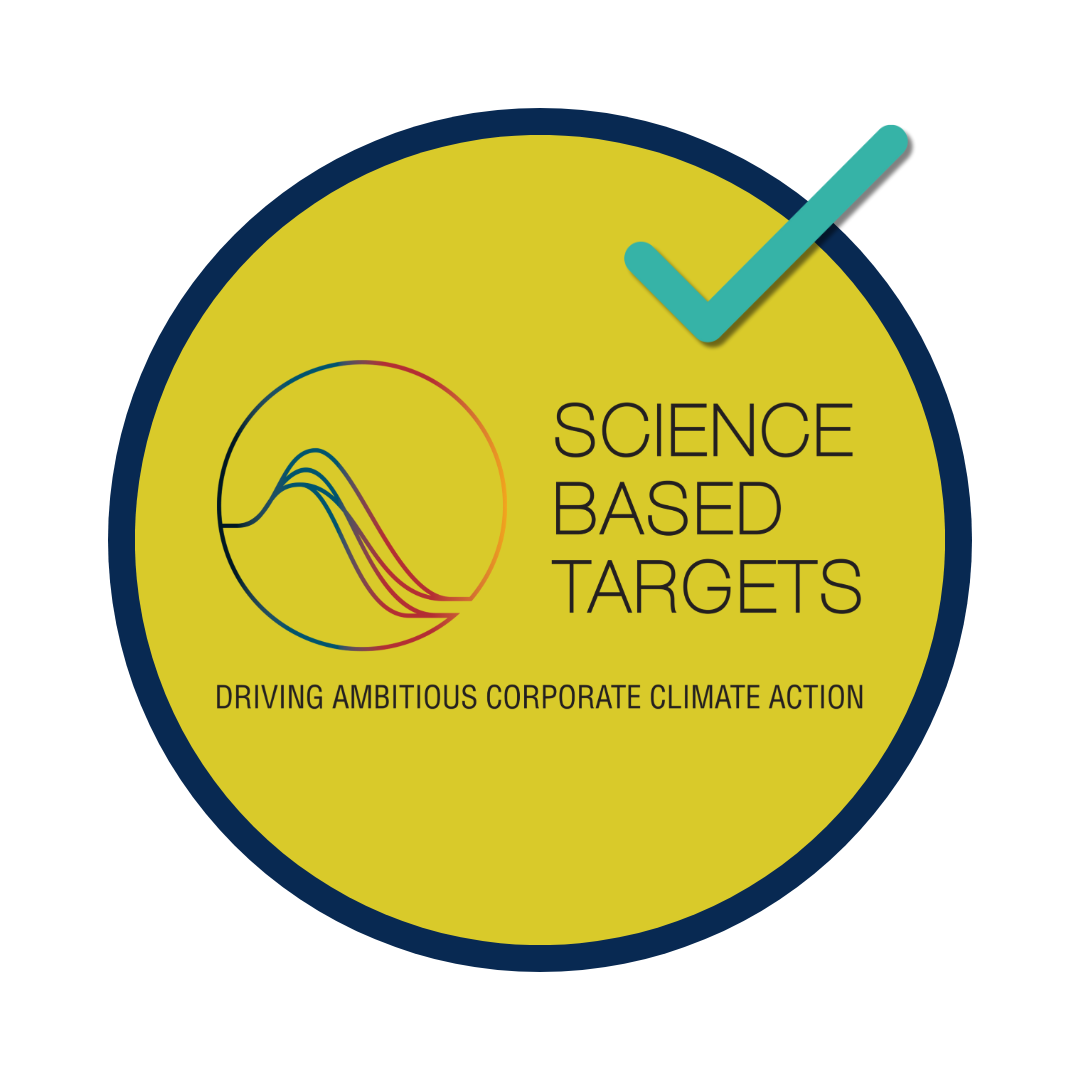What is the Open Letter on Supplier Targets?
As the pharmaceutical industry accelerates its shift toward sustainability, regulatory and stakeholder expectations are intensifying.
In July 2023, the global healthcare sector marked a pivotal moment with the release of the Open Letter on Supplier Targets from the Sustainable Markets Initiative (SMI) Health Systems Task Force.
Signed by CEOs of major pharmaceutical companies including Novo Nordisk, Merck, AstraZeneca, and GSK, the letter makes it clear: suppliers must prioritize sustainability or risk getting left behind.
Pharmaceutical companies are setting firm expectations for their supply chains to reduce carbon emissions and align with net-zero targets, signaling that sustainability is no longer optional, but a critical business requirement.
For suppliers, adapting to these demands is essential not just for compliance, but for maintaining competitiveness and securing long-term partnerships in an evolving market.
Decoding The Supplier Targets
The open letter outlines minimum sustainability targets for healthcare suppliers. These targets are designed to simplify compliance while addressing the urgent need to reduce carbon footprints across the healthcare value chain.
Key sustainability targets outlined in the letter include:
Disclose and reduce Emissions
Suppliers must assess and disclose Scope 1, 2, and 3 emissions. This includes emissions generated directly from:
Equipment and vehicles owned and controlled by a company that burn some type of fuel - Scope 1
Utilities purchased by a company - Scope 2
Supply chain activities - Scope 3
Set Science-Based Targets
Suppliers are expected to commit to near-term emissions reduction targets aligned with the 1.5°C pathway, following the Science Based Targets initiative (SBTi).
Reduce Waste and improve Resource efficiency in Manufacturing
Suppliers are expected to reduce waste, particularly solvents, and improve energy efficiency in manufacturing. Additionally, they are encouraged to adopt a circular economy approach, reusing materials wherever possible to minimize environmental impact.
Commit to Renewable Energy
Suppliers must commit to source at least 80% renewable energy by 2030.
Explore Green Heat Solutions
By 2030, suppliers should begin exploring options for sourcing green heat, a vital step for decarbonizing energy-intensive processes.
Plan for Sustainable Transportation
Transport suppliers must make SBTi-aligned commitments by 2025 and ensure green transportation solutions are part of their core offerings by 2030. Suppliers can achieve this by prioritizing electric or low-emission vehicles, route optimization, and utilizing Sustainable Product Innovation methodology to maximize cargo space and reduce weight.
Improve Water efficiency
Targets to increase water efficiency and adopt water stewardship standards are also on the agenda, addressing another critical area of environmental impact.
Drive Sustainability in Your Own Supply Chain
Suppliers are expected to set environmental standards for their own suppliers which will result in reduced Scope 3 emissions.
Obligation vs Opportunity: How to Stay Competitive
For businesses in the pharmaceutical supply chain, complying with these targets is more than a regulatory obligation, it's a competitive opportunity.
Clients increasingly expect transparency and sustainability from their partners, and companies that proactively align with these standards will gain a market advantage.
Early compliance and collaboration can not only strengthen relationships with major industry players but also help mitigate future regulatory risks and associated costs.
We understand how overwhelming it can be to try and meet all of these requirements.
At SSC, our experts meet clients exactly where they are, crafting tailored roadmaps that elevate sustainability from a compliance requirement to a core, profit-driving business strategy.
We have multiple services that can help your company meet these requirements, gain a competitive advantage, and save money.
Free Readiness Assessment:
Get a Customized GHG Emissions Reduction Roadmap from SSC
How Much Progress Has Your Company Made in Greenhouse Gas (GHG) Emission Measurement and Reduction?
Take our quick 8-question readiness assessment to find out.
Step 1: Complete the form and click submit.
Step 2: Receive a personalized action plan from an SSC sustainability expert within two business days.
Let Us Help You Meet Supplier Requirements and Stay Competitive
About the Author
Tad Radzinski, PE, SEP, LEED AP, SFP
Co-Founder and President
Tad Radzinski is a recognized sustainability expert and former EPA Waste Minimization National Expert with over 30 years of experience advising Fortune 500 companies. He is Co-founder and President of Sustainable Solutions Corporation, providing decarbonization consulting and training across industries, and Co-founder of GreenCircle Certified, which verifies sustainability claims for top brands like P&G, 3M, and Amazon.
Tad co-hosts the Tad Talks Sustainability podcast, simplifying complex topics and featuring major companies. He also helped develop Villanova University’s MS in Sustainable Engineering and taught there for 18 years, covering Life Cycle Assessment and Sustainable Buildings and Operations.
Stay Informed. Drive Change.
Sign up to get insights from our team of experts, industry trends, and inspiration—delivered to your inbox.
We respect your privacy and will never share your information. Unsubscribe anytime.















